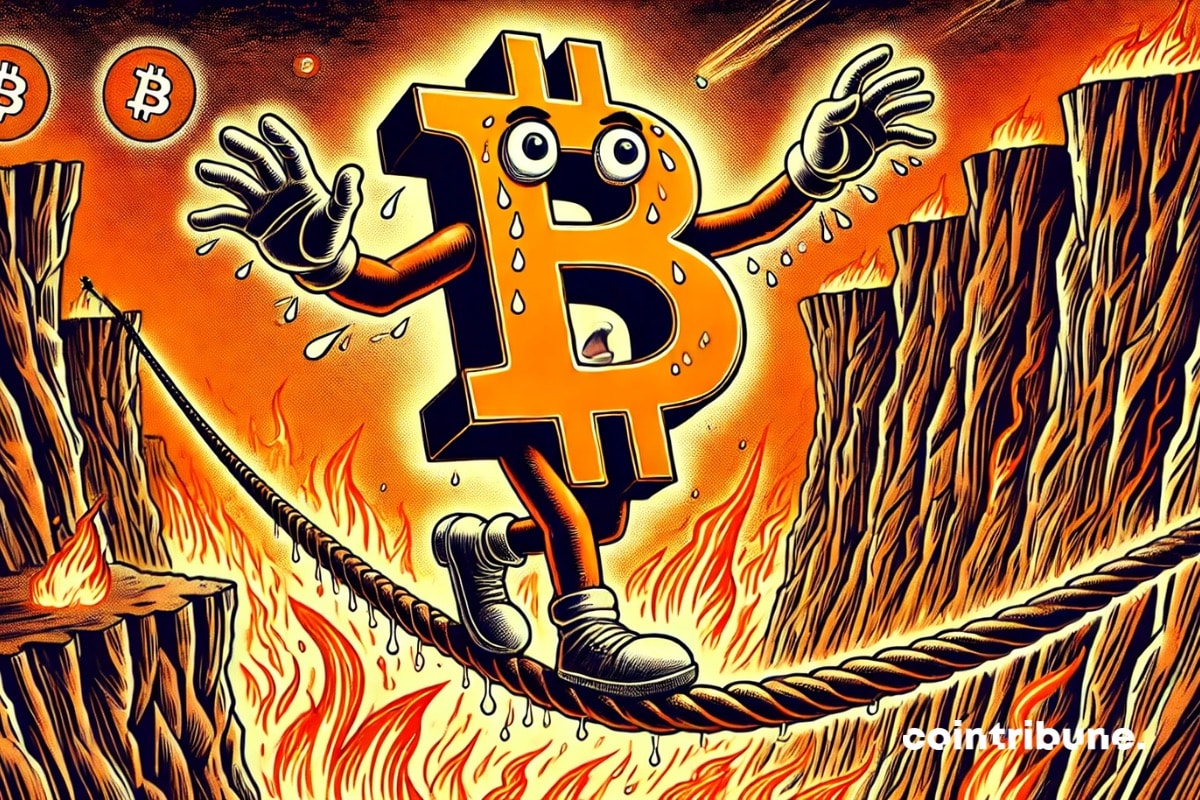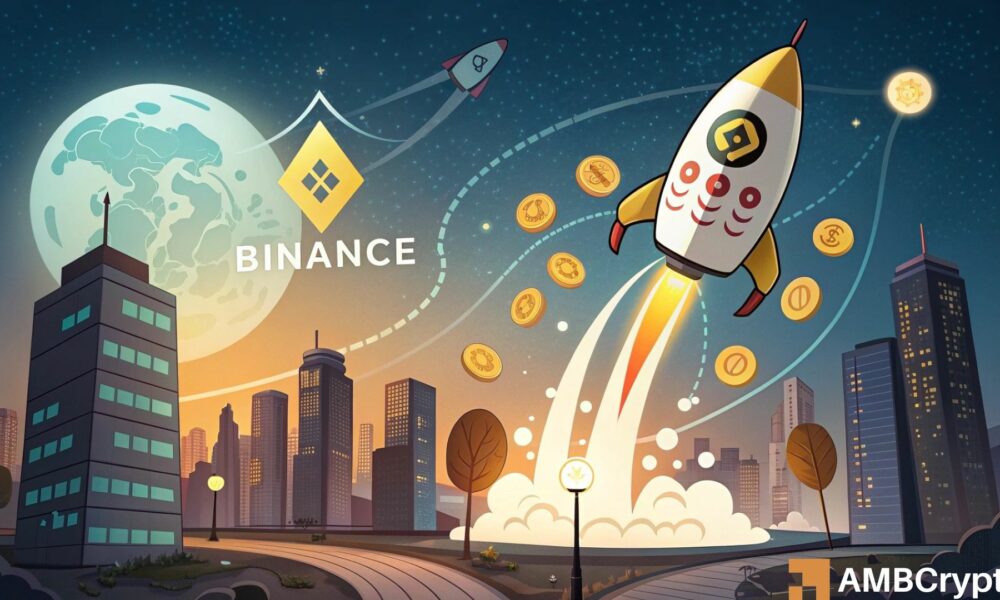The Potential Challenges to the US Dollar’s Reserve Status: A Shift Towards Bitcoin
In a surprising and bold statement, the CEO of the world’s largest asset manager, BlackRock, has suggested that the US dollar’s reign as the global reserve currency may be under threat from Bitcoin (BTC). This assertion, made by Larry Fink during an interview with Bloomberg, has set off a wave of speculation and debate within the financial community.
The Case for Bitcoin as a Global Reserve Asset
Bitcoin, the decentralized digital currency, has been gaining traction in recent years as a potential alternative to traditional reserve assets like gold and the US dollar. Some of its key advantages include:
- Decentralization: Bitcoin operates on a decentralized network, meaning it is not controlled by any single entity, government, or institution.
- Limited Supply: There is a finite supply of Bitcoin, capped at 21 million coins. This scarcity could make it an attractive store of value, particularly in times of economic uncertainty.
- Security: Bitcoin transactions are secured through cryptography, making them resistant to counterfeiting and fraud.
- Global Access: Bitcoin can be accessed and traded from anywhere in the world, making it a truly global currency.
Fink’s comments come against the backdrop of increasing institutional adoption of Bitcoin. Major players like Tesla, Square, and MicroStrategy have all invested significant sums in the digital currency, while traditional financial institutions like JPMorgan Chase and Goldman Sachs have begun offering Bitcoin-related services to their clients.
Implications for Individuals
For individuals, a shift towards Bitcoin as a global reserve currency could have several implications:
- Investment Opportunities: As the demand for Bitcoin as a reserve asset grows, so too could its price. This could present an attractive investment opportunity for those looking to diversify their portfolios.
- Hedging Against Inflation: In times of high inflation, traditional currencies like the US dollar can lose value. Bitcoin, as a scarce asset, could serve as a hedge against inflation.
- Global Currency Transactions: Bitcoin’s global accessibility could make it a more convenient and cost-effective option for cross-border transactions.
Implications for the World
At a global level, a shift towards Bitcoin as a reserve currency could have far-reaching implications:
- Redistribution of Power: A decentralized currency like Bitcoin could challenge the dominance of traditional financial institutions and governments.
- Monetary Policy: The decentralized nature of Bitcoin means that there is no central monetary authority controlling its supply. This could lead to a more stable monetary environment, free from the influence of political considerations.
- Financial Inclusion: Bitcoin’s global accessibility could help bring financial services to those who are currently underserved or excluded from the traditional financial system.
Conclusion
The CEO of BlackRock’s comments on the potential threat to the US dollar’s reserve status from Bitcoin have sparked a lively debate within the financial community. While the shift towards Bitcoin as a reserve currency is still a long way off, it is an intriguing development that could have significant implications for individuals and the world as a whole. As the cryptocurrency continues to gain traction, it will be interesting to see how this plays out in the coming years.
Regardless of whether Bitcoin ultimately becomes a global reserve currency, it is clear that it is here to stay. As individuals, it is important to stay informed about this developing trend and consider how it might impact our personal financial situations.





